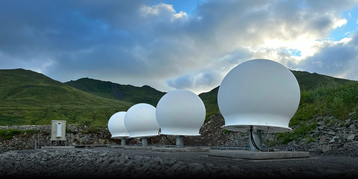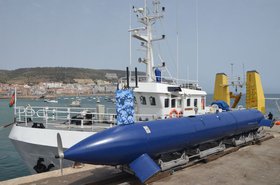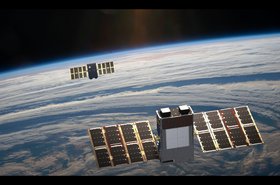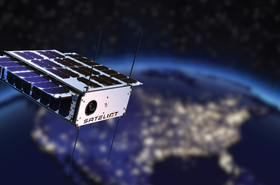Federal Communications Commission (FCC) head Brendan Carr has told Europe that it needs to choose between US or Chinese technology.
Carr told the Financial Times that European allies that are hesitant to use Elon Musk's Starlink satellite communications will be worse off if they decide to look elsewhere, in particular with Chinese companies.
The FT reported that Carr said “allied western democracies” needed to “focus on the real long-term bogey: the rise of the Chinese Communist party."
Carr made the comments amid reports that Washington has threatened to switch off its Starlink services in Ukraine.
Musk has previously said that Ukraine's entire front line would collapse if the system was switched off, but has stated Starlink would never turn off its terminals in the country and claimed reports were bogus.
Carr, elected as FCC Chair in January, told the FT it was “unfortunate” that politics appeared to be influencing long-term decisions.
"If you’re concerned about Starlink, just wait for the CCP’s version, then you’ll be really worried,” Carr said.
Carr is a long-time advocate of Musk and Starlink, and has previously been critical of the Biden Administration for discriminating against Starlink by denying it US government subsidies for rural broadband.
UK operators BT and Virgin Media O2 are currently trialing Starlink's technology.
He added to the FT that he thinks Europe has been "caught" between Washington and Beijing and warned of a “great divide” opening up between “CCP-aligned countries and others” in AI and satellite technology.
“If Europe has its own satellite constellation then great, I think the more the better. But more broadly, I think Europe is caught a little bit between the US and China. And it’s sort of time for choosing,” said Carr.
Europe does have plans of its own for a satellite constellation in the form of IRIS² (Infrastructure for Resilience, Interconnectivity, and Security by Satellite).
IRIS², led by the European Union in collaboration with the European Space Agency (ESA), has plans to develop a 290-machine strong sovereign European Internet satellite fleet.
The constellation will be multi-orbit, spanning both Low Earth Orbit (LEO) and Medium Earth Orbit (MEO). The fleet is being developed by the SpaceRise consortium, comprising SES, Eutelsat, and Hispasat. It is set to launch around 2029.
In the same interview, Carr also suggested that network vendors Ericsson and Nokia should move more of their manufacturing to the US as both face being hit with Trump’s import tariffs.
Ericsson CEO Börje Ekholm has previously suggested the company could relocate its HQ to the US, though reports in Sweden suggest his job is currently uncertain amid concerns he's spending too much time in the US.







